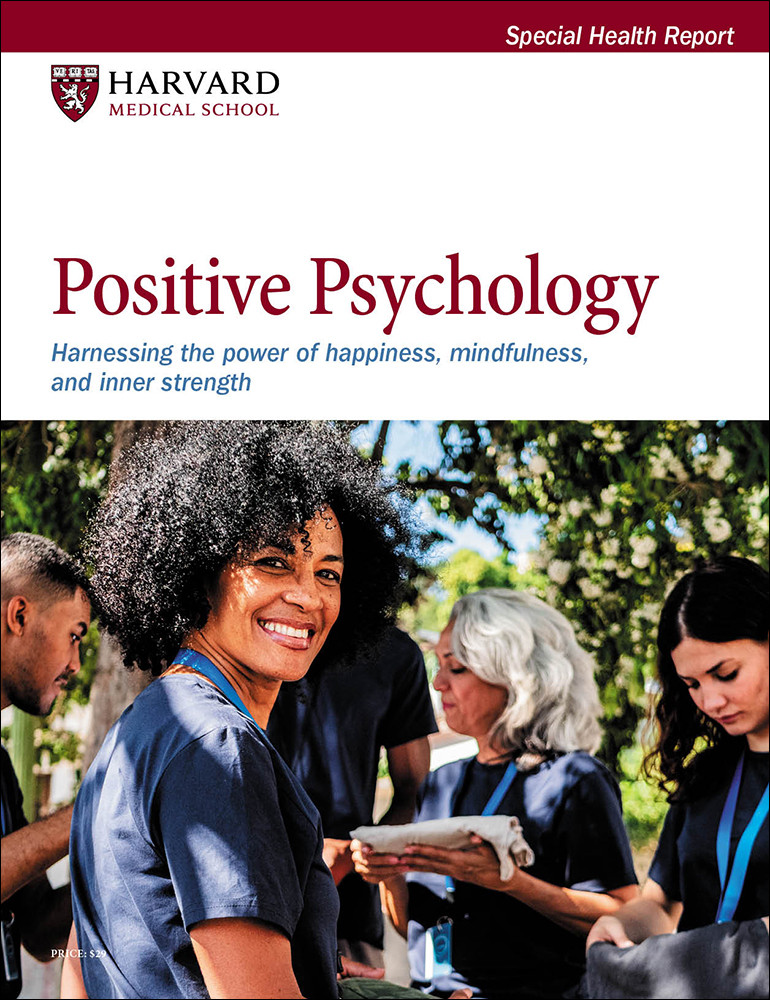Throughout the course of a single day, chances are you’ll experience a range of emotions — joy, frustration, contentment, sadness, anxiety — depending on how that particular day unfolds. As with other human traits, how you experience and express emotions is a result of both nature and nurture: your genetic legacy and the myriad experiences you live through, starting from the moment of your birth.
Maybe you’re the type of person who expresses emotions openly. Or perhaps you tend to keep them to yourself. Either way, your emotions have a major effect on your behavior. And your behavior — your words, actions, and facial expressions — affects how well you navigate your day-to-day life.
You probably interact with a range of people — loved ones, neighbors, colleagues, and strangers — in a variety of situations every day. These interactions may be in-person or virtual, brief or prolonged, mundane or profound.
Ideally, the most important ones leave you feeling content and connected. But sometimes you may end up feeling upset and alienated. The other person may feel the same way you do — or have a completely different reaction.
People differ in how adept they are at recognizing emotions, both in themselves and in others, and how well they’re able to use that understanding in constructive ways. This capacity, known as emotional intelligence, can have a surprisingly powerful effect on our lives, from our ability to foster long-term relationships with friends and romantic partners to whether we’re able to succeed in school and pursue meaningful work that gives us a sense of purpose.
In a nutshell, emotional intelligence refers to the ability to identify and regulate our own emotions, to recognize the emotions of other people and feel empathy toward them, and to use these abilities to communicate effectively and build healthy, productive relationships with others. Healthy, productive relationships not only are key to our psychological well-being, they’re also vital to physical health.
Fortunately, emotional intelligence is not simply an inborn ability, something you do or don’t have. If you put your mind and heart to the task, you can learn the necessary skills to improve your emotional intelligence. In this guide, you’ll find a short explanation of how emotions originate in the brain and affect the body, emotion’s role in evolution, and a brief history of the concept of emotional intelligence, which first gained widespread recognition with Daniel Goleman’s 1995 book Emotional Intelligence.
You’ll learn four key elements of emotional intelligence:
- self-awareness
- self-regulation
- social awareness
- conflict management skills.
We’ll also discuss some negative (that is, less competent) and positive (highly adept) real-life examples in each of these domains. Most importantly, this report teaches you habits and skills you can practice to improve your relationships by cultivating greater emotional intelligence.
Prepared by the editors of Harvard Health Publishing in consultation with Ronald D. Siegel, Psy.D., Assistant Professor of Psychology, Harvard Medical School; Board and Faculty Member, Institute for Meditation and Psychotherapy. (2024)
About Harvard Medical School Guides
Harvard Medical School Guides deliver compact, practical information on important health concerns. These publications are smaller in scope than our Special Health Reports, but they are written in the same clear, easy-to-understand language, and they provide the authoritative health advice you expect from Harvard Health Publishing.













